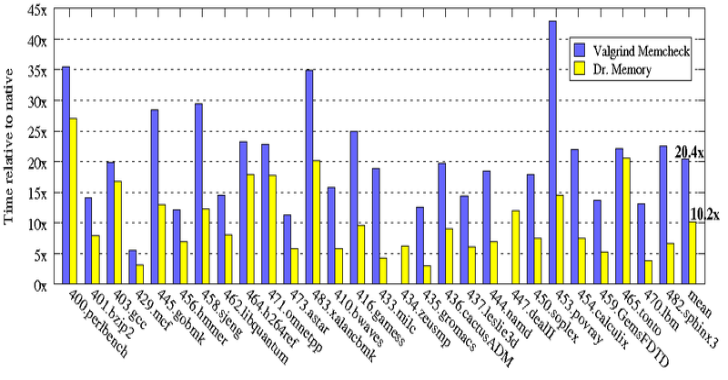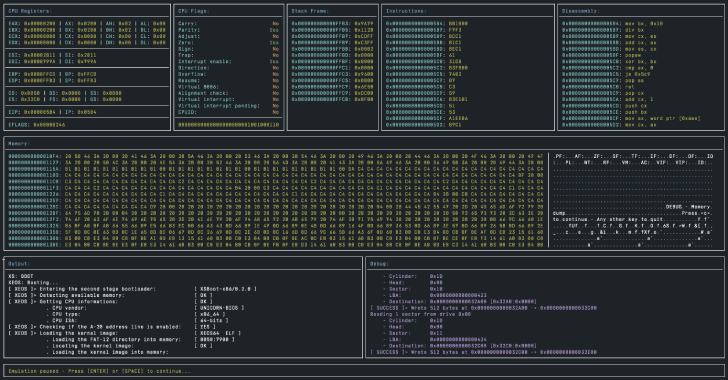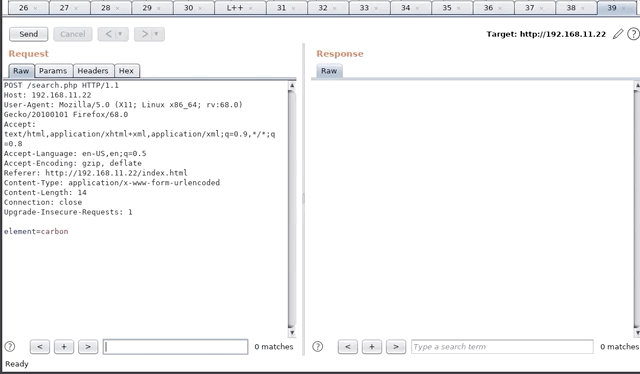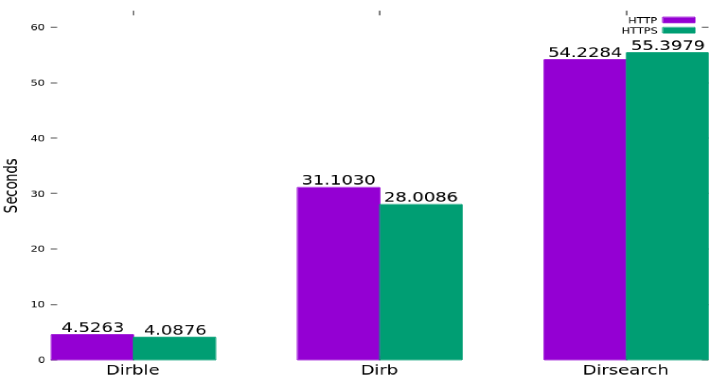DrMemory is a memory monitoring tool capable of identifying memory-related programming errors such as accesses of uninitialized memory, accesses to unaddressable memory (including outside of allocated heap units and heap underflow and overflow), accesses to freed memory, double frees, memory leaks, and (on Windows) handle leaks, GDI API usage errors, and accesses to un-reserved thread local storage slots.
DrMemory operates on unmodified application binaries running on Windows, Linux, Mac, or Android on commodity IA-32, AMD64, and ARM hardware.
DrMemory is released under an LGPL license and binary packages are available for download.
DrMemory is built on the DynamoRIO dynamic instrumentation tool plaform.
Also Read – What to Look for in the Right SOC Program – A Complete Guide
Performance
Dr. Memory is faster than comparable tools, including Valgrind, as shown in our CGO 2011 paper Practical Memory Checking with Dr. Memory, where we compare the two tools on Linux on the SPECCPU 2006 benchmark suite:

Documentation
Documentation is included in the release package. We also maintain a copy for online browsing.
System call tracer for Windows
The Dr. Memory package includes an “strace for Windows” tool called drstrace.
- Dr. Memory has its own discussion list.
- To report a bug, use the issue tracker.
- See also the Dr. Memory home page: http://drmemory.org/
















